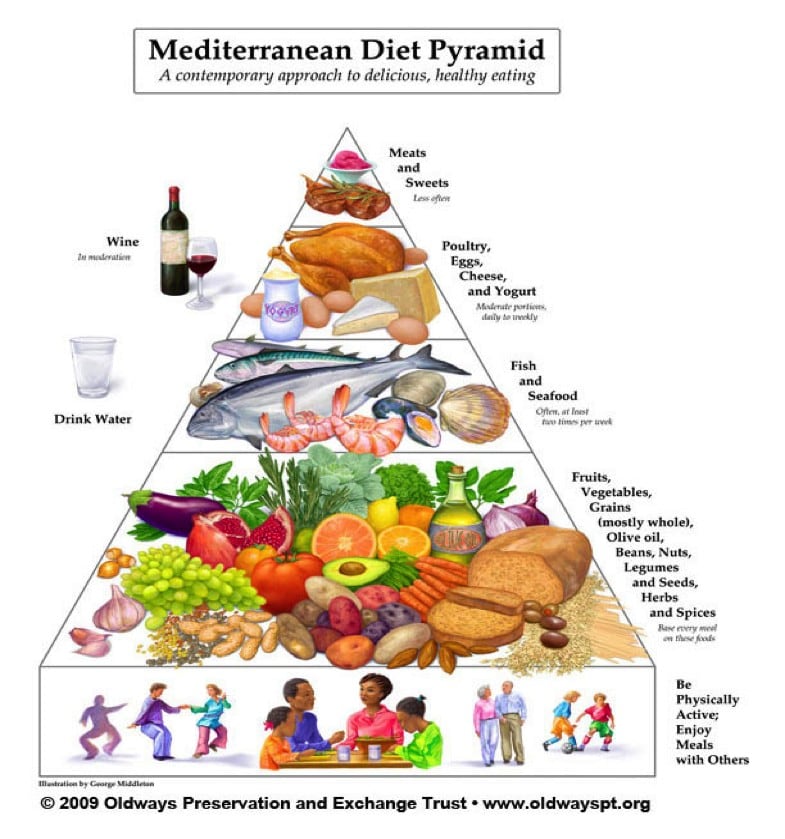A study on the Mediterranean-DASH Intervention for Neurodegenerative Delay (MIND) diet proves that changes in the way you eat can decrease the risk of Alzheimer’s by about 50 percent.
Another recent large-scale study shows that increased consumption of ultra-processed foods leads to an increase in risk for cancer.
Scientists have been working on linking lifestyle and dietary choices to the onset of diseases like Alzheimer’s and cancer for a while. These two studies strongly suggest that we have a more active role in degenerative disease prevention than we might have thought. However, the key to real prevention is to make these lifestyle changes early.
Lisa Mosconi, PhD, associate director of the Alzheimer’s Prevention Clinic said in an editorial on these findings, “The Alzheimer’s population of 2050 will either start to develop, or not, right around now,” to make the point that the time to start changing your diet is now. 
The MIND diet, even if it isn’t meticulously followed, shows a significant ability to lower a person’s risk of developing Alzheimer’s — as much as 53 percent. The diet includes consuming three servings of whole grains; a salad and one other vegetable daily; snacking on nuts most days; eating beans every other day; consuming poultry and berries twice a week; and fish once a week.
The MIND diet also calls for limiting the consumption of “unhealthy foods” like butter, cheese, fried or fast food. Notice that the list includes many ultra-processed foods, which are also linked to an increased risk of cancer.
More than half of the average American’s diet consists of processed foods according to the American Institute for Cancer Research.
Processed foods are categorized based on three different levels of processing: unprocessed or minimally processed (vegetables, pasta, beans, milk), ultra-processed (fried foods, cold cuts, soft drinks, chips, cookies), and other foods (cheese, pickled foods, spices).
Changing the way you eat is difficult at any age but knowing that dropping ultra-processed foods may ward off degenerative diseases like Alzheimer’s makes it worth the effort.
Alzheimer’s Association research shows African-American’s are two times more likely to develop late-onset Alzheimer’s than whites and less likely to have a diagnosis of their condition.
Because of this, it is important not only to share information about prevention, but to actively participate in staying healthy. These studies linking diet to development of Alzheimer’s provide the best evidence to date that a diet focused on processed foods will likely shorten your lifespan.
Adjusting your diet now may help to keep your brain in shape, so on your next trip to grocery store, fill up on fruits, vegetables, nuts, fresh fish, and lean meats; but leave the fried snacks behind.
For more information on Alzheimer’s, see https://www.alz.org/.








